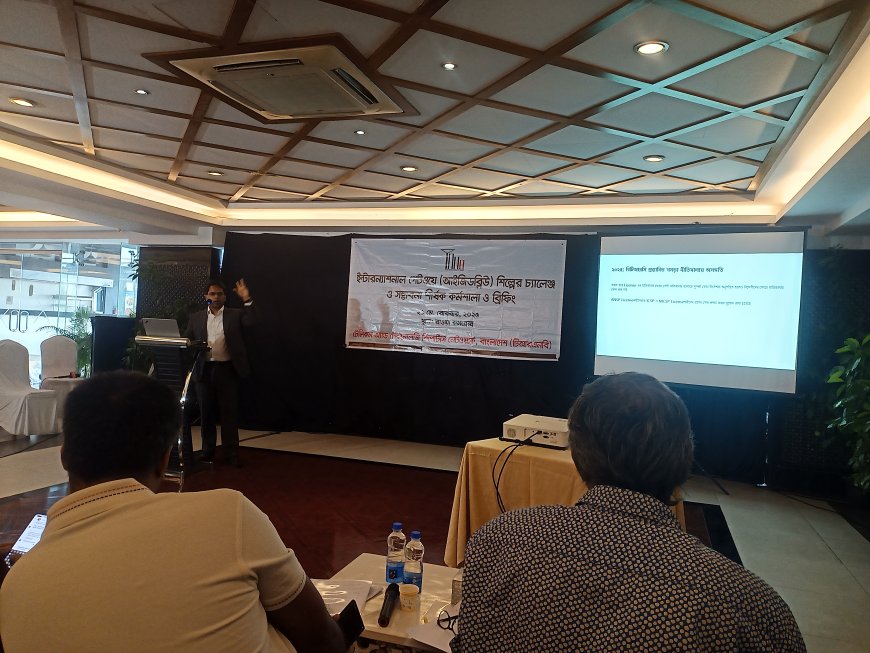SMS Scandal and Lost Revenue: IGW Stakeholders Raise Red Flags

Violations of the current ILDTS (International Long Distance Telecommunication Services) policy and licensing guidelines have resulted in over 30 million international A2P (Application-to-Person) SMS entering Bangladesh each month—depriving the country of more than USD 2.4 million in monthly revenue. Additionally, due to SMS services provided directly by mobile operators, the government is losing another USD 3 million annually, according to stakeholders from the International Gateway (IGW) sector.
These alarming insights were shared during a workshop and briefing session titled “Challenges and Opportunities in the International Gateway (IGW) Industry,” held on Sunday at the RAOWA Convention Center in Dhaka. Organized by TRNB (Telecommunication Reporters Network Bangladesh), the event shed light on the operations of IGW companies, their revenue-sharing models with the government, and the long-term fiscal implications of current practices.
Masuduzzaman Robin, General Secretary of TRNB, delivered the welcome address, while the session was moderated by TRNB President Samir Kumar Dey.
Speakers at the event highlighted that seven IOS (Interconnection Exchange Operators) have provided bank guarantees worth BDT 900 crore. Following the clearance of BDT 1,800 crore in outstanding dues from 23 companies, the BTRC (Bangladesh Telecommunication Regulatory Commission) implemented a bank guarantee system under the IOF (International Outgoing Framework) topology. Since its introduction in 2015, the IOF system has contributed BDT 5,607 crore to the national treasury up until April this year.
However, with international voice calls shifting to OTT (Over-the-Top) platforms, monthly call volumes have plummeted from 100 million minutes to just 12–13 million minutes. The IGW industry argues that while mobile operators continue to control international SMS services, a significant portion of potential foreign currency earnings is being lost. They assert that full implementation of the IOF policy could increase BTRC's revenue by eightfold and raise the government's annual income to BDT 200 crore.
International Gateway Operators Forum (IOF) expressed serious concerns that the current arrangement—under which multinational mobile operators operate via offshore companies through exclusive contracts—is depriving the country of its rightful income.
“Foreign interests are being prioritized over national interests under the new licensing topology,” warned Mushfiq Manzur, Chief Operating Officer of IOF. “This could also pose threats to national security.”
IOF President Asif Siraj Rabbani, Vice President Abdus Salam, Brigadier General Md. Khurshid Alam (Retd.), Chief Executive Officer, Bangla Tel; Brigadier General Md. Abdul Hannan (Retd), Chief Executive Officer, Mir Telecom Limited and Hasibur Rashid, Managing Director of Novotel, among other industry leaders were also present at the event.









































































































































































































